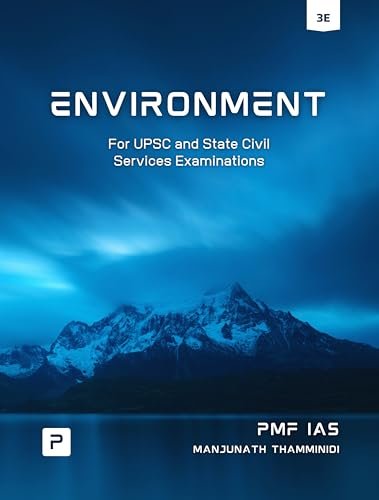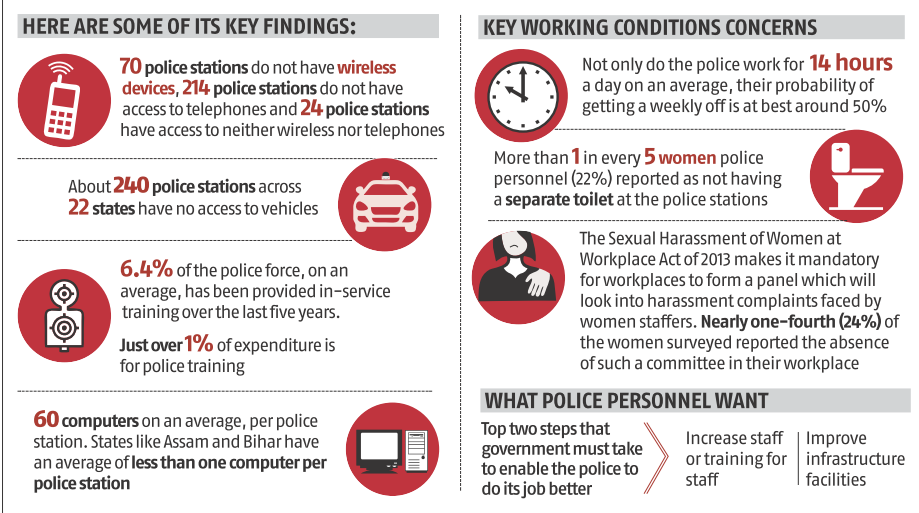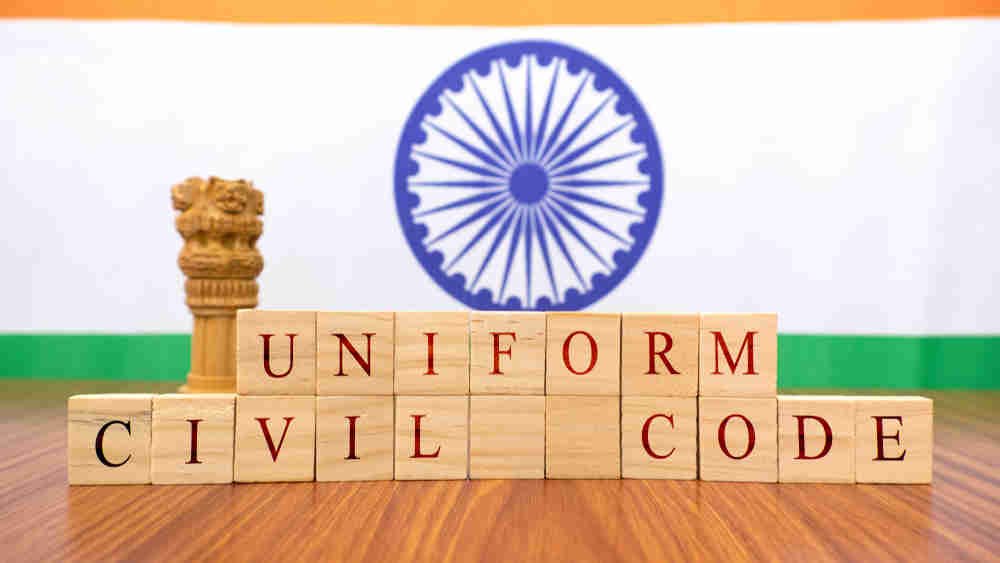
Constitutional Morality
Subscribers of "Current Affairs" course can Download Daily Current Affairs in PDF/DOC
Subscribe to Never Miss an Important Update! Assured Discounts on New Products!
Must Join PMF IAS Telegram Channel & PMF IAS History Telegram Channel
- Context (IE): The recent arrest of a serving Chief Minister has brought the question of constitutional morality, highlighting the importance of moral behaviour that political institutions should uphold.
What is Constitutional Morality?
- Constitutional morality is a concept that emphasises adherence to the principles and values enshrined in a constitution within a democratic system.
- It goes beyond strict legal interpretation, encompassing values like social justice and equality.
- Constitutional morality balances freedom and restraint, requiring citizens to submit to constitutional authorities while retaining the freedom to criticise those in power.
- It encourages the evolution of law in response to changing societal norms and values.
- Courts use it to adapt legal principles to reflect contemporary understandings of justice, equality, etc.
|
Constitutional Morality in the Indian Constitution
- The term “constitutional morality” is not explicitly mentioned in the Indian Constitution, but it is implicitly observed in several sections and various Supreme Court judgements.
In Constitution
- Preamble: It outlines democratic principles like justice, liberty, and equality.
- Fundamental Rights: It safeguards individual rights against arbitrary state power (Article 32).
- Directive Principles: Provides guidelines for the state to pursue social and economic goals.
- Fundamental Duties: These are the responsibilities of citizens towards the nation.
- Checks and Balances: To prevent concentration of power.
- Concepts of Discretionary Power and Non-discrimination are closely linked to constitutional morality.
Supreme Court’s Interpretation
- Naz Foundation v Government of NCT, 2009: This case distinguished public morality from constitutional morality, asserting that constitutional values should take precedence over popular morality.
- Krishnamoorthy case, 2015: It is essential for Good Governance
- Union of India vs. Government of NCT of Delhi: High-ranking officials must adhere to constitutional values to prevent misuse of authority.
- Government of NCT of Delhi case, 2018: The Court likened constitutional morality to a “second basic structure doctrine,” emphasising its role in curbing arbitrary authority.
- Navtej Singh Johar case (2018): Right to privacy and dignity for LGBTQI+ community. Highlighted its role in fostering a pluralistic and inclusive society while upholding constitutional values.
- Justice K S Puttaswamy case (2018): Aadhaar’s validity was upheld with restrictions, highlighting the court’s role in checking executive overreach.
- Joseph Shine v. Union of India, 2018: The judgment emphasised that constitutional morality should guide the law, prioritising equality, non-discrimination, and dignity.







![PMF IAS Environment for UPSC 2022-23 [paperback] PMF IAS [Nov 30, 2021]…](http://pmfias.b-cdn.net/wp-content/uploads/2024/04/pmfiasenvironmentforupsc2022-23paperbackpmfiasnov302021.jpg)











